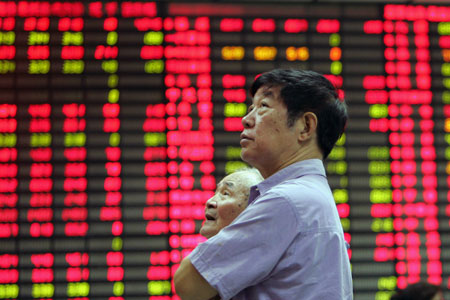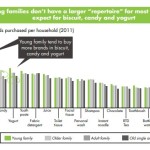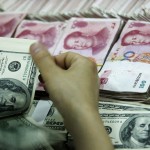Market analysis: China stock market
China’s stock market was established in 1980s. When it was first established, it was largely a trial: if it went well, the People’s Bank of China would allow it to continue its operations, but if it went poorly, the bank would shut the stock market down. Today, China’s stock market is nearly three decades old and has come a long way since it first began operations.
History of China’s stock market
In July 1984, two firms, one in Shanghai(上海) and one in Beijing(北京), were approved by the People’s Bank of China to issue stock shares to the public. In September 1986, the first security exchange counter came into being. In 1990, the Shanghai(上海) and Shenzhen(深圳) stock exchanges were created. Later in 1991, the Securities Association of China was established and in 1992, the China Securities Regulatory Commission was formed. 1994-1999 was the blooming period for the Chinese stock market and in July 1997, China established security laws to regulate the sales and trade of securities. This was followed by a series of important reforms by the Chinese government. The stock market continued to flourish in the early 2000s, but it was severely impacted by the 2008 global financial crisis. Since then, China stock market has continued to struggle as it attempts to recover.
China’s Stock Market: how is it different?
A professor from Fudan University summarized the characteristics of China’s Stock Market with the following ten points:
- The stock is not the ‘barometer’ of China macro-economy. It may not go up when the economy is booming, it may not go down then the economy is bad.
- Most state-owned enterprises are already listed, but their ownership and their duties are still not clearly defined.
- Many listed companies are operating inefficiently, and they neither have the ability nor the willingness to share out bonus.
- The listed companies are always doing their best to attract money, regardless of the situation of the market, whether it is bull or bear.
- There is no legal market maker, but there are still purposeful brokers and bankers.
- The government’s macro policies often control the behavior of the market price.
- The government’s monetary policies exert too much influence on the stock market.
- The listed companies often display the characteristics of state-owned enterprises.
- China stock market is a closed, and relatively small market, and there are restrictions on the convertibility of RMB.
- There are a huge amount of unlisted shares or limited circulating shares, and if they come into circulation, they will be again a big impact to the market.
What is the current situation of China’s stock market?
Recent news about China’s stock market have generally been negative. The Euro debt crisis made it even more difficult for China’s stock market to recover from the 2008 economic crisis. The transaction costs need to be lowered, and, more importantly, good subject matter needs to be used. Reform of stock market rules and regulations is also needed.
Daxue Consulting Market Analysis in China
Sources:















